Rewriting Your Inner Code: Unlocking Personal Freedom with “The Four Agreements”

Introduction: A Manual for Your Soul
Tired of the constant inner critic and nagging self-doubt? Imagine a life where anxiety doesn’t dictate your every move, and personal peace is your default state. For thousands of years, ancient wisdom traditions have offered pathways to this very freedom. In our modern, overwhelming world, Don Miguel Ruiz’s “The Four Agreements” offers a remarkably practical manual for achieving just that.
This isn’t just a book; it’s a powerful framework for dismantling the self-limiting beliefs that hold us captive. It’s the “ancient software for your soul,” providing the source code for true personal freedom. If you’ve ever wondered how to quiet the “voices in your head” or escape the endless cycle of self-judgment, this guide is for you.
We’ll go beyond a simple summary to deep-dive into Ruiz’s philosophy, dissect each of the four agreements through a sharp 21st-century lens, and equip you with actionable strategies to begin rewriting your own inner programming.
The Root of the Problem: Domestication and the “Dream of the Planet”
Before we can embrace freedom, we must understand the chains. Ruiz explains that we are born into a pre-existing “Dream of the Planet”—the collective tapestry of society’s rules, beliefs, and cultures. From childhood, we are “domesticated,” learning to seek approval and avoid punishment. This process often forces us to internalize an impossible ideal of “perfection.”

This leads to an internal system of control, a chaotic mental fog of conflicting voices Ruiz calls the mitote.
The Internal System of Control
- The Book of Law: Your internalized rulebook of what it means to be “good.”
- The Judge: The inner voice that measures everything you do against this rulebook.
- The Victim: The part of you that accepts the Judge’s condemnation, feeling shame, guilt, and blame.
We unknowingly live in a self-created “dream of hell,” unaware we possess the power to change it. The Four Agreements are the keys to breaking these fear-based pacts and forging a new dream of personal freedom.
Agreement 1: Be Impeccable with Your Word
Ruiz calls this the most crucial agreement. To be impeccable means to be “without sin,” using your energy in the direction of truth and love. Your word is pure creative power—a sword with two edges. It can create a beautiful dream or destroy everything.
- Speaking Against Yourself: Every “I’m so stupid” or “I’m a failure” is a spell cast against yourself, fueling imposter syndrome and self-abuse.
- The Poison of Gossip: Gossip is emotional poison, infecting both the speaker and listener, keeping you in a low vibrational state.
The 21st-Century Spin:
In our digital age, your “word” extends far beyond speech. The keyboard is a magic wand.
- Digital Dangers: Every email, text, Slack message, and social media post carries immense creative power. Online comment sections and group chats can be cauldrons of collective “black magic.” Refuse to participate in online pile-ons or negativity.
- The Internal Monologue: The most vital application is how you speak to yourself. Consciously stop self-criticism and cultivate self-kindness.
Actionable Takeaway: The 24-Hour Word Fast
For the next day, commit to a “word fast” from non-impeccable words:
- No Self-Criticism: Catch and stop every negative thought about yourself.
- No Gossip: Only speak positively about others not present, or not at all.
- No Complaining: Refrain from complaining about anything for 24 hours.
This exercise will reveal how often your words create negativity and empower you to choose a different path.
Agreement 2: Don’t Take Anything Personally
This agreement is a powerful shield against suffering. When someone insults, criticizes, or rejects you, it’s not about you. It’s a reflection of their dream, their beliefs, and their emotional state. You are merely the screen onto which they project their own internal movie.

Taking things personally is a form of self-importance, assuming you are the center of everyone else’s universe. Releasing this frees you from the opinions and actions of others.
The 21st-Century Spin:
This is crucial in a world designed to make you take everything personally.
- The Performance Review: Critical feedback from your boss reflects their perspective and goals, not your inherent worth. Extract useful data, but don’t let it define you.
- Social Media Validation: Low likes or negative comments are influenced by algorithms and others’ projections—not your intrinsic value.
- Getting Ghosted: In dating or business, someone’s silence is about them—their fears or issues—not a verdict on you.
Actionable Takeaway: The “It’s Not About Me” Mantra
When you feel the sting of rejection or criticism, immediately use this mantra:
- Pause: Take a deep breath.
- State the Mantra: Silently say, “This is not about me. This is a reflection of their world, their dream.”
- Find the Data (Optional): Ask if there’s any useful information for you, separate from the emotional noise. If not, let it go.
Agreement 3: Don’t Make Assumptions
We constantly assume we know what others are thinking or what their intentions are. Most conflicts and misunderstandings arise from this single, flawed habit.
The antidote requires courage: Ask questions. Communicate clearly. Instead of assuming, have the courage to clarify. Don’t assume your partner knows what you need; communicate it. Don’t assume your team understands your project vision; articulate it clearly.

The 21st-Century Spin:
Digital communication’s ambiguity makes this agreement more vital than ever.
- Ambiguous Digital Messages: A short email from your boss (“We need to talk”) can trigger worst-case assumptions. Instead, reply: “To help me prepare, could you let me know what you’d like to discuss?”
- Relationship Mind-Reading: Assuming your loved ones “should know” what you want or how you feel sets everyone up for failure. Communicate your needs clearly and lovingly.
Actionable Takeaway: The “What’s My Assumption?” Check-in
Next time you feel upset, confused, or hurt by a situation, ask yourself: “What assumption am I making right now?”
Identifying the assumption reveals it as a self-created story, empowering you to seek clarity or simply release it.
Agreement 4: Always Do Your Best
This agreement makes the other three operational. Your “best” isn’t a fixed standard of perfection; it’s a moving target. Some days, your best will be outstanding; other days, when you’re tired or sick, your best might simply be showing up.
When you always do your best, you give your inner Judge no ammunition. You can look back without regret, knowing you acted with the energy and knowledge you had. This silences the voice of self-criticism.
The 21st-Century Spin:
This agreement is a powerful antidote to modern perfectionism and burnout.
- Cure for Perfectionism: “Always do your best” frees you to start, even if it’s not perfect. Focus on effort over outcome.
- Prevention of Burnout: This means don’t do *more* than your best. Pushing beyond your capacity leads to burnout. Respect your energy levels.
- Skill Acquisition: When learning new skills, focus on consistently doing your best. Your baseline will improve over time, transforming clumsy effort into mastery.
Actionable Takeaway: The “End of Day” Review
For one week, before bed, take two minutes to reflect:
- “Did I do my best today, given the circumstances?”
- “Where was my best amazing? Where was it just okay?”
- “How can I set myself up to do my best tomorrow?”
This isn’t self-judgment but an exercise in self-awareness and self-compassion.
The Upgrade: The Fifth Agreement
Years later, Don Miguel Ruiz and his son, Don Jose Ruiz, introduced a crucial fifth agreement: Be Skeptical, But Learn to Listen.
The Fifth Agreement Explained
- Be Skeptical: Question everything, especially the voice of your inner Judge and your own limiting beliefs. Doubt the fear-based messages.
- Learn to Listen: After clearing the noise, listen for truth. Listen to the intent behind words, and to your own heart’s true desires, without automatically absorbing others’ beliefs.
The Fifth Agreement is about becoming a discerning consumer of information, both internal and external, serving as the master tool for truly rewriting your story.
The Verdict: Spiritual Fluff or Practical Life Manual?
While seemingly simple, the profound power of “The Four Agreements” lies in its directness. These aren’t easy steps, but simple, incredibly difficult disciplines—a practice, not a destination.
Far from being “spiritual fluff,” this book is a profound work of applied psychology wrapped in the beautiful language of ancient wisdom:
- “Be Impeccable with Your Word” aligns with Cognitive Behavioral Therapy (CBT) principles on self-talk.
- “Don’t Take Anything Personally” teaches emotional regulation and decentering.
- “Don’t Make Assumptions” is a core principle of effective communication and healthy relationships.
- “Always Do Your Best” promotes a sustainable, growth mindset and self-compassion.
“The Four Agreements” declares that you are not a victim of your own mind. You possess the power to stop believing the self-limiting lies and create a new dream—one founded on truth, self-love, and freedom.
This transformation is a lifelong journey, but it begins with a single new agreement you make with yourself today.
Now, It’s Your Turn!
Which of The Four Agreements do you find the most challenging, and why? Share your journey and insights in the comments below!
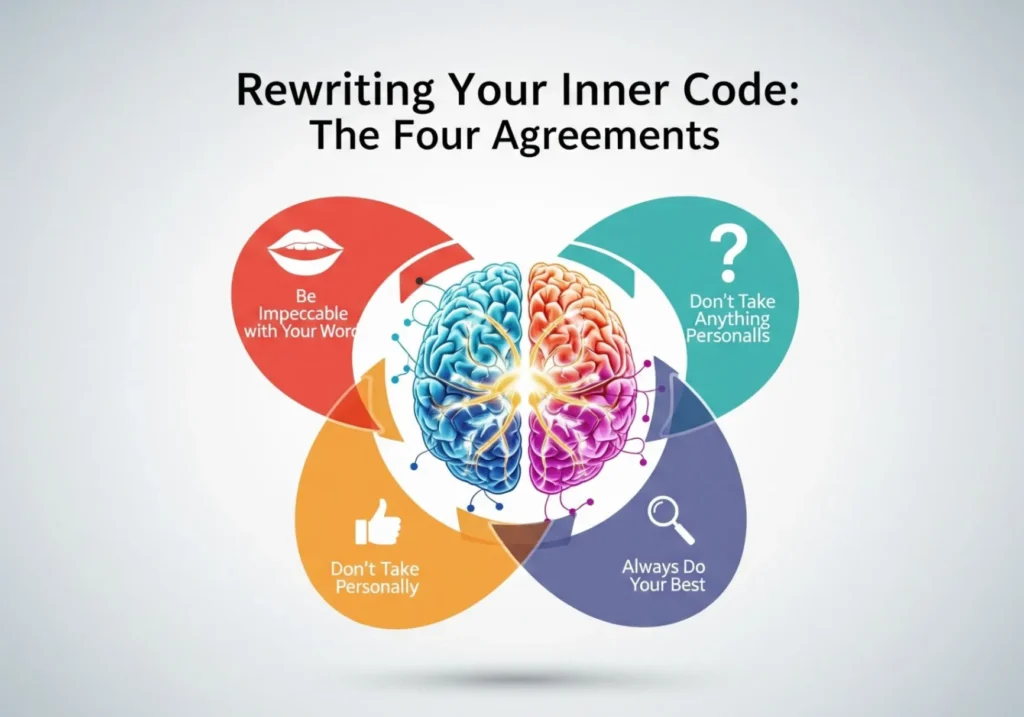
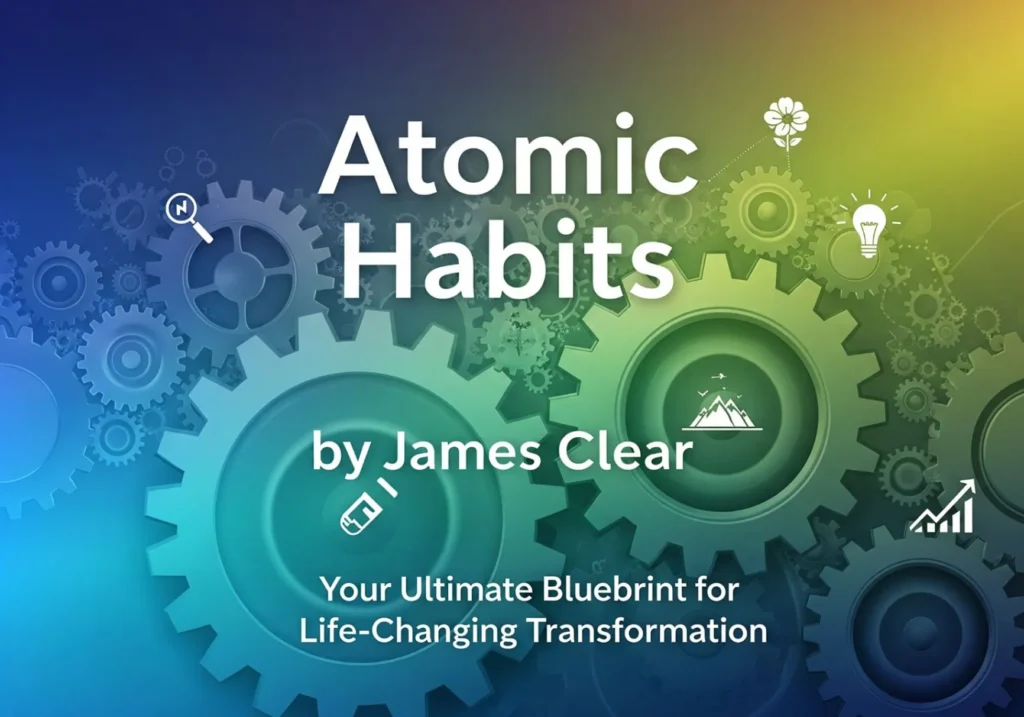
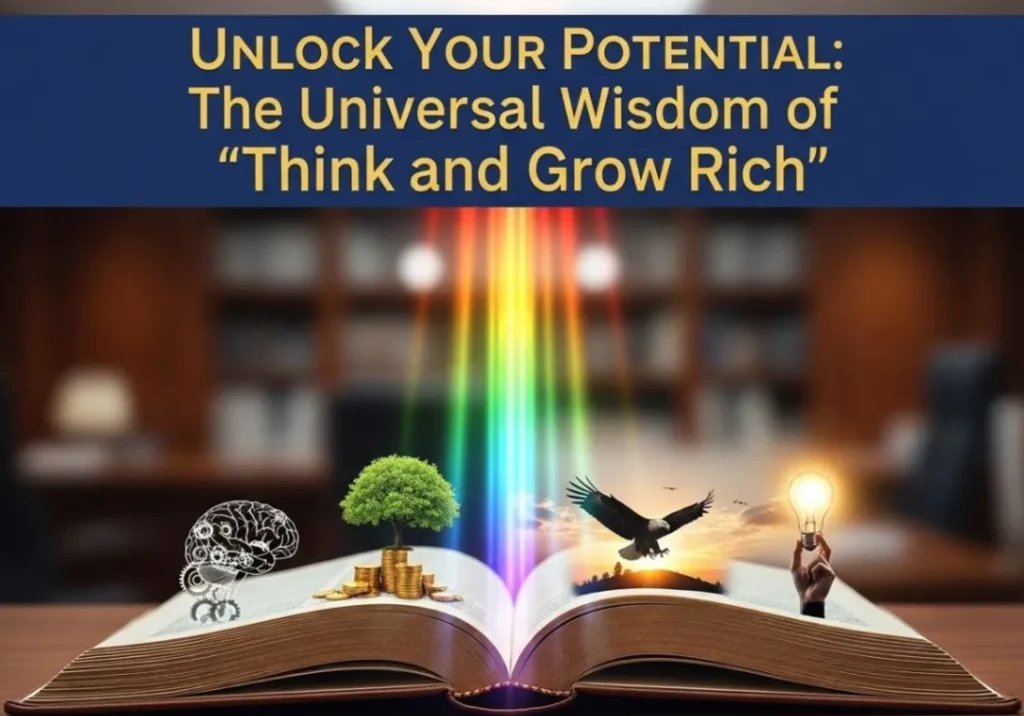
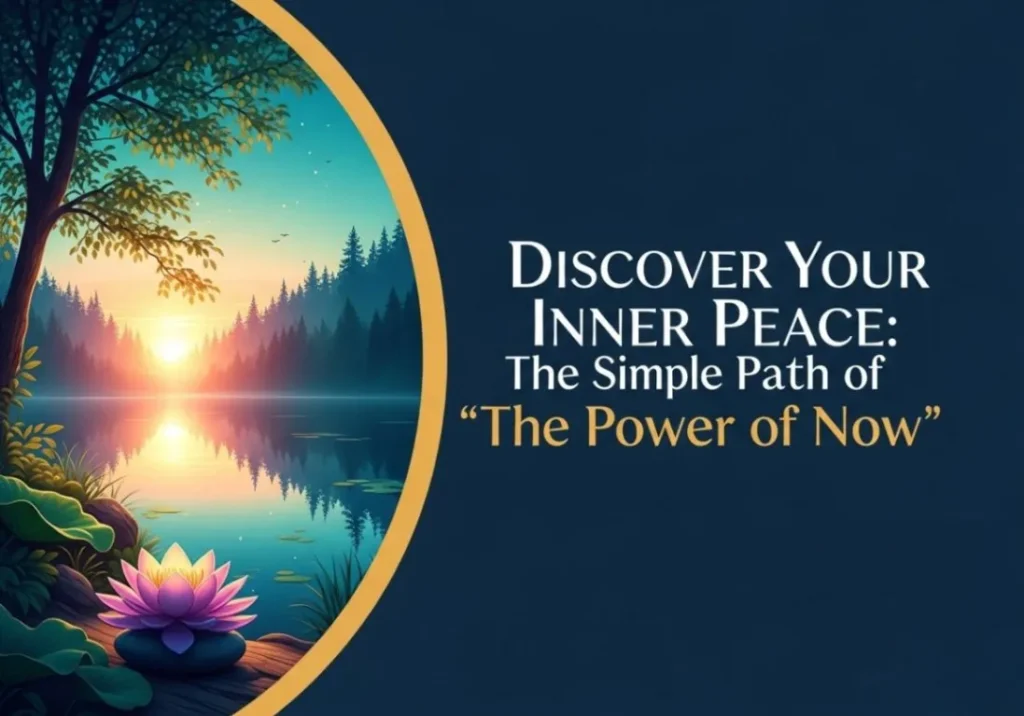
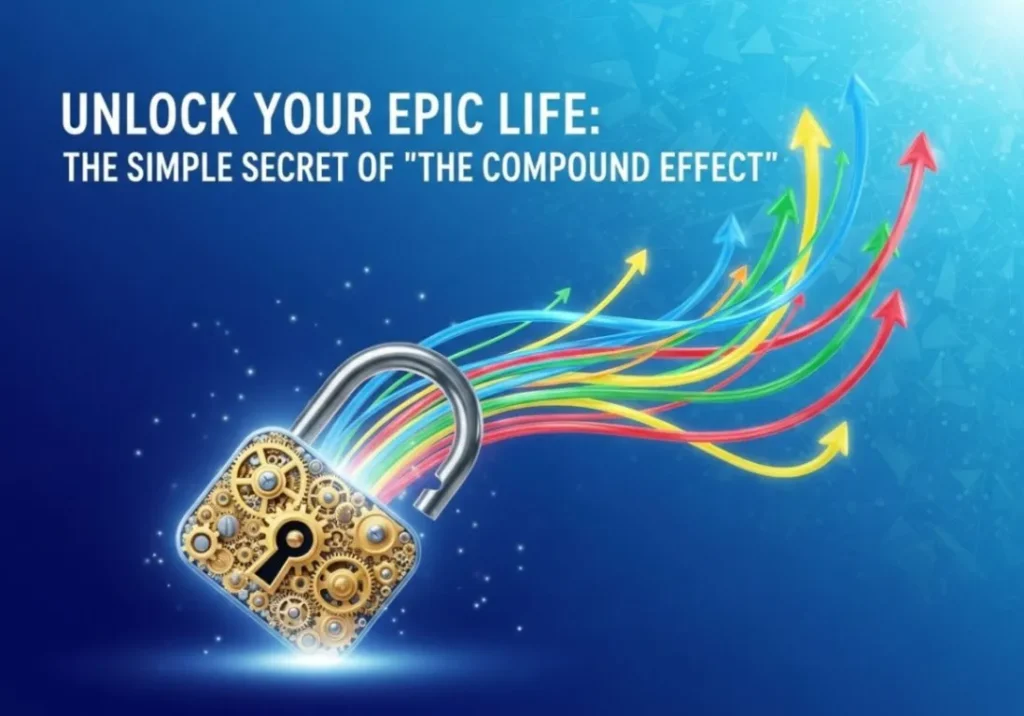
Valuable info. Lucky me I discovered your site unintentionally, and I’m stunned why this coincidence did not happened in advance! I bookmarked it.
I really like gathering utile information , this post has got me even more info! .
This is very interesting, You are an excessively skilled blogger. I have joined your rss feed and look ahead to in the hunt for extra of your fantastic post. Additionally, I have shared your website in my social networks!
I consider something genuinely special in this internet site.
thanks.
Everything is very open and very clear explanation of issues. was truly information. Your website is very useful. Thanks for sharing.
thanks for your comment.
so much excellent info on here, : D.
I see something genuinely special in this website.
This is really interesting, You’re a very skilled blogger. I’ve joined your rss feed and look forward to seeking more of your excellent post. Also, I’ve shared your site in my social networks!
I enjoy your writing style truly enjoying this site.
I¦ve read several excellent stuff here. Certainly price bookmarking for revisiting. I wonder how so much attempt you put to make this sort of wonderful informative site.
Hello There. I found your blog using msn. This is a very well written article. I’ll be sure to bookmark it and come back to read more of your useful info. Thanks for the post. I’ll certainly comeback.
I like this site very much, Its a real nice place to read and get info .
There is obviously a bunch to know about this. I believe you made certain nice points in features also.
A person essentially help to make severely articles I would state. That is the very first time I frequented your web page and thus far? I amazed with the analysis you made to create this actual submit amazing. Excellent task!
I?¦m not certain where you are getting your info, however great topic. I must spend a while finding out more or understanding more. Thank you for great information I used to be on the lookout for this information for my mission.
hello there and thank you to your info – I have definitely picked up something new from proper here. I did alternatively experience a few technical points the use of this web site, since I experienced to reload the site many instances previous to I could get it to load properly. I have been thinking about if your web host is OK? No longer that I am complaining, however slow loading instances times will sometimes affect your placement in google and could damage your high quality ranking if advertising and ***********|advertising|advertising|advertising and *********** with Adwords. Well I’m adding this RSS to my e-mail and can glance out for a lot extra of your respective fascinating content. Ensure that you replace this again very soon..
Great line up. We will be linking to this great article on our site. Keep up the good writing.
Hey There. I found your blog using msn. This is a very well written article. I’ll be sure to bookmark it and come back to read more of your useful information. Thanks for the post. I’ll definitely comeback.
you have a great blog here! would you like to make some invite posts on my blog?
Those are yours alright! . We at least need to get these people stealing images to start blogging! They probably just did a image search and grabbed them. They look good though!
As soon as I found this web site I went on reddit to share some of the love with them.